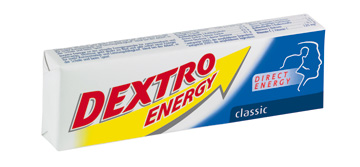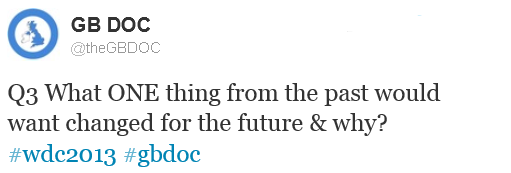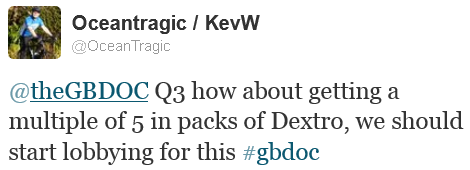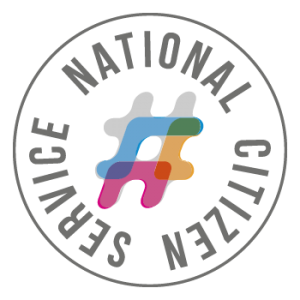 NCS is the National Citizen Service, a four week programme for school leavers which provides a great opportunity for helping people, self improvement, making new friends and most importantly having great fun. In some ways it’s replaced the Duke of Edinburgh scheme as a must-do for teenagers who want to challenge themselves and improve their CV, and it’s easy to see why as it’s normally done in the summer they leave school, bringing a welcome relief to the stress of sitting GCSEs.
NCS is the National Citizen Service, a four week programme for school leavers which provides a great opportunity for helping people, self improvement, making new friends and most importantly having great fun. In some ways it’s replaced the Duke of Edinburgh scheme as a must-do for teenagers who want to challenge themselves and improve their CV, and it’s easy to see why as it’s normally done in the summer they leave school, bringing a welcome relief to the stress of sitting GCSEs.
Want to skim this post?
My take home message from this post is that NCS is great, Amy loves it.
Yes we had quite an issue with Amy’s glucose levels whilst away but NCS managed it brilliantly, we couldn’t have asked for a better response and resolution.
Most importantly, Amy is having one of the best times of her life – yes, even better than when I took her to see MY favourite band at a gig – I know, right!.
Diabetes didn’t stop her going, it was a bit of a pain in the arse to be fair but she’s done every single activity with 100% determination and effort.
If you want to read about the incident and how NCS dealt with it skip to the ‘Worst night ever…’ section below.
Never a doubt
Amy doing NCS was never a doubt, from the moment she heard about it she wanted to do it and we’ve supported that choice all the way. There were no real worries about Type 1 Diabetes causing her an issue and on reflection we as parents have been incredibly relaxed about it. In all the application process and meetings we’ve only asked one question of the team: “do you have a fridge for spare insulin”. They did, but it wouldn’t have mattered what the answer was, we were just interested.
A whirlwind few months for Amy
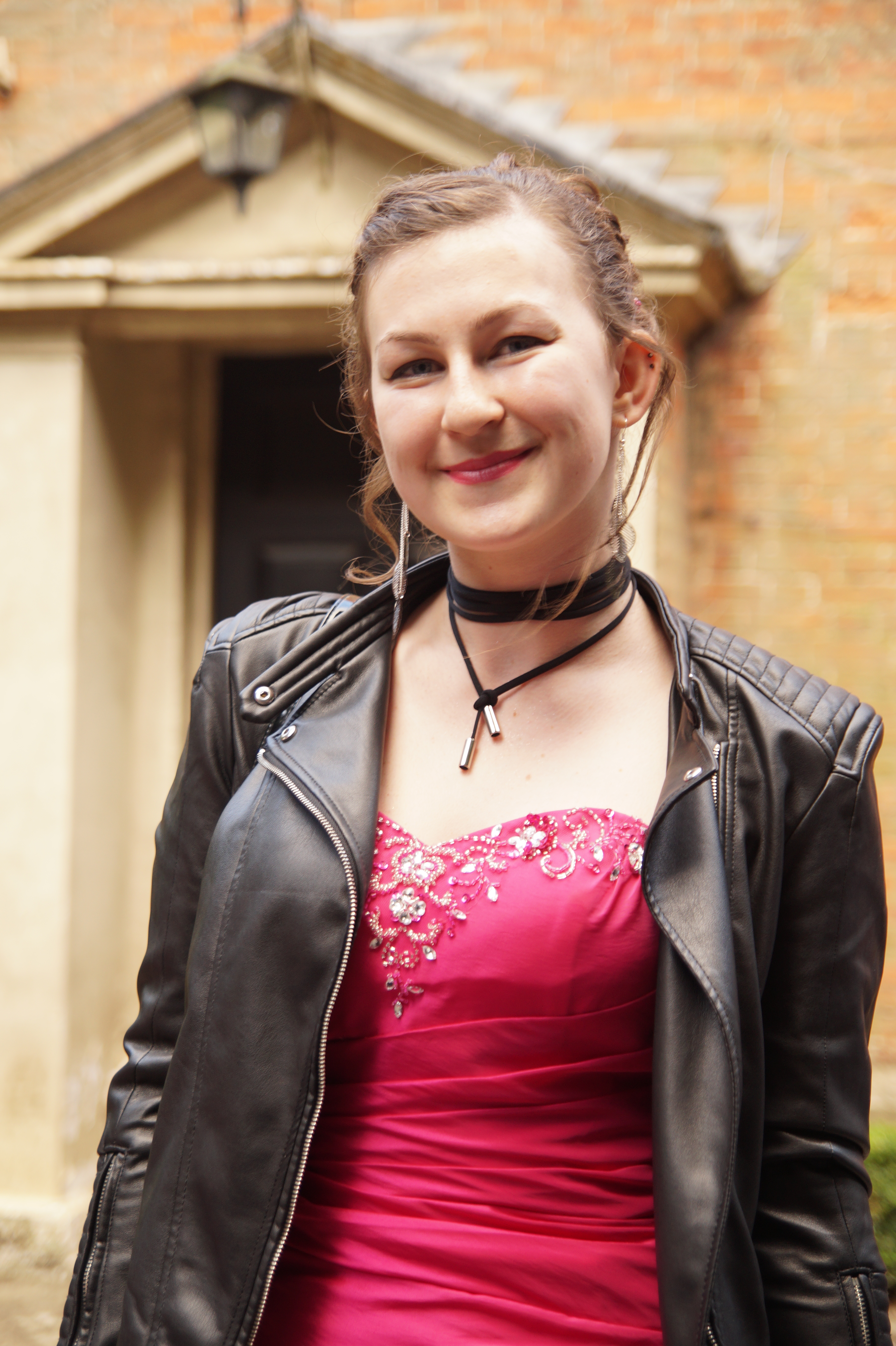 Amy’s spring and summer is a whirlwind.
Amy’s spring and summer is a whirlwind.
First came the GCSEs (and the buckets of revision beforehand), then finishing school, then Prom, then three days later her NCS programme and its first week residential.
After NCS finishes she’s got a weekend to pack for our month in India, then two weeks after returning she’s off to college.
Because that’s not fulfilling enough she’s planning to do a tandem skydive in those “relaxing” two weeks. She’s saved her own money, she’s doing it by herself.
Maybe I need to rethink my “make your summer count” suggestion last year.
A little preparation for the residential
With our mind focussed on our summer trip to India we didn’t pay NCS preparation much time. Everything we were gathering for India was reduced and put into Amy’s suitcase, including pens+needles (which haven’t seen the light of day for years) and all the spare batteries and spare meters. We even put in a spare insulin pump just in case.
Normally when we go away as a family we forget certain things but it doesn’t matter because armed with a prescription, a credit card, internet on our phones, time and a car we can resolve most issues. Amy didn’t have the luxury of the last three so we had to make sure she had everything she might possibly need.
We’d informed NCS about Type 1, something they were well versed in already, and that was pretty much it. As far as the residential was concerned Type 1 wasn’t a thing, to us, to them, to Amy.
The insulin pump warranty situation
My slight worry about Amy’s residential was that she’s had her insulin pump for just over four years which means the warranty has run out. Whilst we can easily get her a new one we’ve chosen not to, until she decides which one to commit to for the next four years.
So that’s an out-of-warranty-will-not-be-replaced-if-it-dies insulin pump and activities like surfing, Total Wipeout and perhaps the most worrying for the pump, coasteering.
Gulp.
Week one excitement
NCS’s four week programme starts with a residential week away doing lots of activities on a daily basis. The first adrenalin-rush activity happens when the kids are dropped at the departure point and they get to meet everyone else for the first time, a brand new group of people and a week away from home, it’s a first for many as it was for Amy.
Worst night ever, NCS and Nightscout save the day
I don’t want to dwell about the situation on Tuesday night which at one point felt like the worst night anyone could have, but I know some parents of kids with Type 1 might be worried about how NCS themselves might deal with an issue…so…
Amy is currently wearing Dexcom CGM and using Nightscout, which means her glucose levels can be remotely monitored. I don’t monitor them but I wear a smartwatch which wakes me up if her levels become worrying.
I was woken at 00:30 on Wednesday, I looked at the CGM graph on my phone and waited. The numbers dropped further, and further and further still, way below the minimum number of 4mmol.
Eventually I texted Amy who was asleep and never woke.
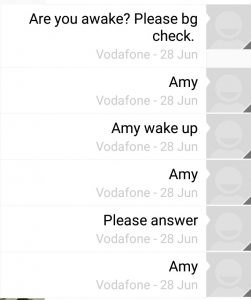 I watched numbers in their 2’s appear, then 1’s.
I watched numbers in their 2’s appear, then 1’s.
I tried calling Amy, she didn’t wake.
I was confident this was a CGM calibration issue but I couldn’t just bat it off and do nothing.
Feeling sick and with tears in my eyes I eventually and reluctantly called the NCS support line and woke up Danny who calmly listened to my clear message of what I needed him to do (contact the leaders, wake Amy, check glucose level, give glucose probably).
Danny took control, contacted the leaders who were with Amy and did everything as instructed.
At 01:52 I got the best text message in the world, it was Amy who had just been woken up by the leaders. She was okay, after a glucose check she was 3.8, the whole thing was a calibration issue.
Throughout this time Danny had stayed awake, he hadn’t just passed on the info and gone back to sleep. He texted me to let me know Amy was okay and checked we’d been in contact.
Three leaders were awake with Amy throughout.
Amy had treated the hypo and was keen that the leaders’ night shouldn’t be disturbed and at 02:15 everyone went back to sleep, everyone except me as I couldn’t shake the sickness in my stomach. I just sat and stared at the Nightscout screen for 5 hours.
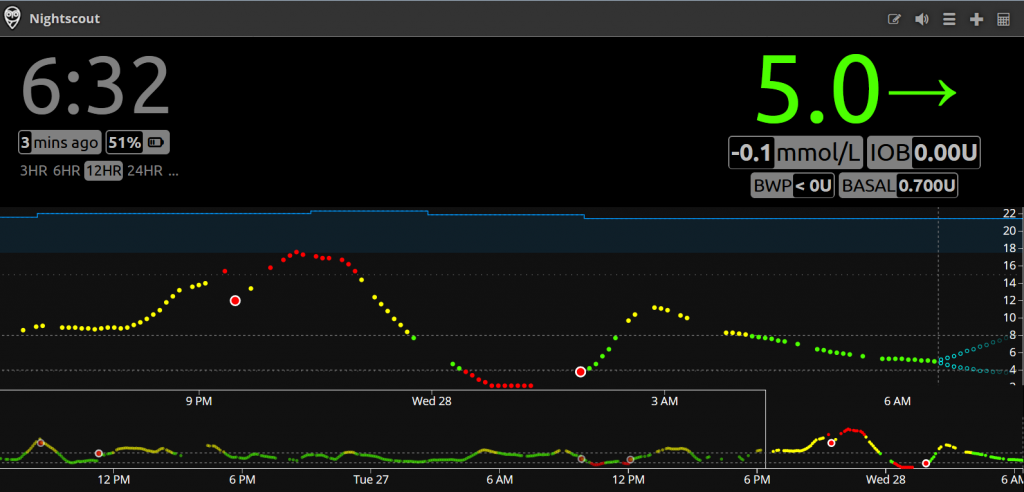
Remote monitoring, friend or foe?
On hearing the story one friend suggested it might be better not to know about the glucose levels.
My response is simple: By the time she was woken Amy was hypo and after (over)treating that hypo she dropped another 5mmol before over 4 hours. If I had not been woken up this real situation would have happened as early as 30 minutes later.
Everyone would have still been asleep, she wouldn’t have woken up, maybe ever.
Remote monitoring saved the day, without a doubt.

